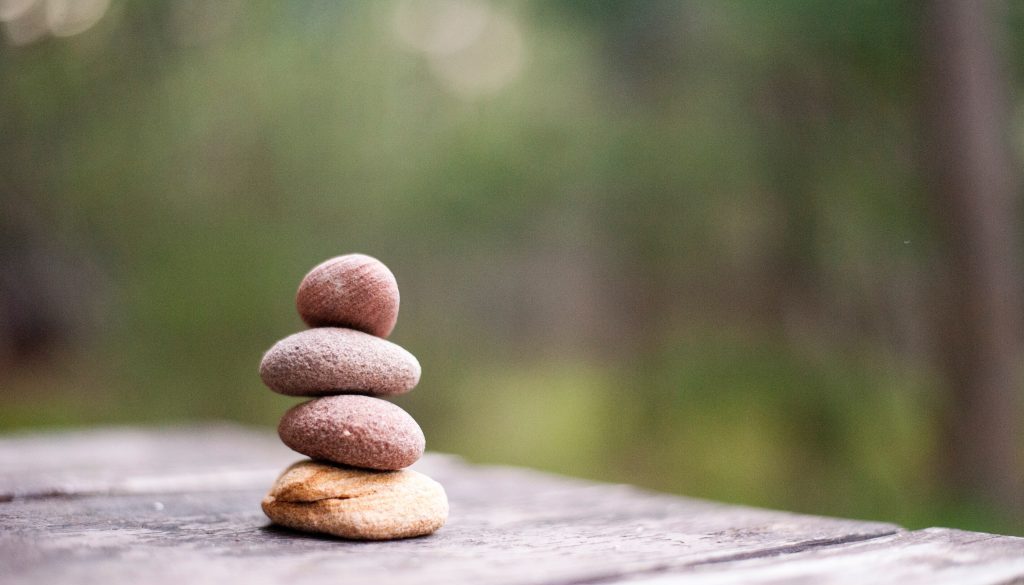As helping professionals, we stay strong and hold the space for all the trauma, fear, sadness and anxiety of our clients. We discuss the importance of being present-focused, staying mindful and looking after ‘yourself’ with our clients. It’s great to be doing this amazing work in the community, but as healthcare practitioners, mental health workers, Counsellors and Psychologists how do we cope when we’re worried about the pandemic and it’s impacts on our own personal world right now?
Many of us are in lockdown or experiencing some level of restriction in our day to day lives, children who need homeschooling, a partner who is not working at present so there are more financial pressures, elderly parents who can’t be visited. So, in our own personal lives we too are struggling at some level.
Yes, you get regular supervision to support your client work, and yes, you know all the things you should do to support your own emotional wellbeing; however, you are human and it’s easy to get caught up in survival vortex of day-to-day life and neglect what is important – YOU.
So, in these challenging times we invite you to take a moment, breathe and evaluate what you can change to look after your own emotional, physical, mental and spiritual wellbeing.
Become aware of the warning signs of burnout: We all have patterns and coping strategies when we feel under stress. With compassion, bring these patterns back into your awareness to give yourself the opportunity to do something different.
Write down your top 3 warning signs of not coping. Maybe things like: Binge watching TV, stop exercising, withdrawing, eating junk food, drinking more, being more irritable.
Ensure you take regular breaks: You may be busier now due to the high demand for emotional support, hence your workload may have increased. Ensure you take your lunch breaks and schedule time in each day for you – downtime and balance.
Put daily self care into your diary: This is not negotiable and it’s NOT selfish. Find something you love to do and schedule it in to your day. It could be things like going for a walk, online yoga classes, spending fun time with the children/grandchildren/animals, having some YOU time, reading a book. Make a list of things that are important to you and that fill up your own cup.
Watch your internal language: If you find yourself starting to say things like – ‘I can’t cope’, ‘I have had enough’, ‘I’m done’, ‘I’m feeling burnt out’, these are warning signs that you need to stop and take stock of what is happening for you at an emotional level. Perhaps you need more supervision, or to even see a counsellor yourself to gain some additional support.
Start a new hobby: Do something creative and positive that you enjoy. Perhaps it is something you have always wanted to do but didn’t have the time or the space to fit it in. Make time for you. You matter.
Limit your time on media: A lot of what’s on social media and television is anxiety provoking, so perhaps make the first hour of every day a device free time. During this first hour of the day, you could be doing your daily walk, exercise or meditation.
Reach out and connect: Call a colleague, a friend or a family member to gain some additional support. Perhaps organize group supervision via zoom, connect and check-in with other practitioners.
Write it down: Journaling is an excellent way to process and emotions that may arise from your line of work. Writing it down cultivates self-awareness and connection with your personal thoughts and feelings which can help prevent suppression of emotions and burnout. As part of this a gratitude journal is a wonderful way of connecting with and reminding yourself of what you have as opposed to focusing on what you don’t have.
Deepen connection with your spirituality: This can mean different things for different people, so whatever connects you with your spirituality, now is a perfect time to reconnect. It could be your religion, your faith, prayer, meditation, connecting with nature, a sunrise a sunset, walking bare feet on the grass. Taking time to connect with that part of you that feels a sense of union with more than your human body.
REMEMBER THE FOUR PILLARS OF SELF CARE
EMOTIONAL, PHYSICAL, MENTAL and SPIRITUAL
Look after your wellbeing, in order to maintain balance and homeostasis.

